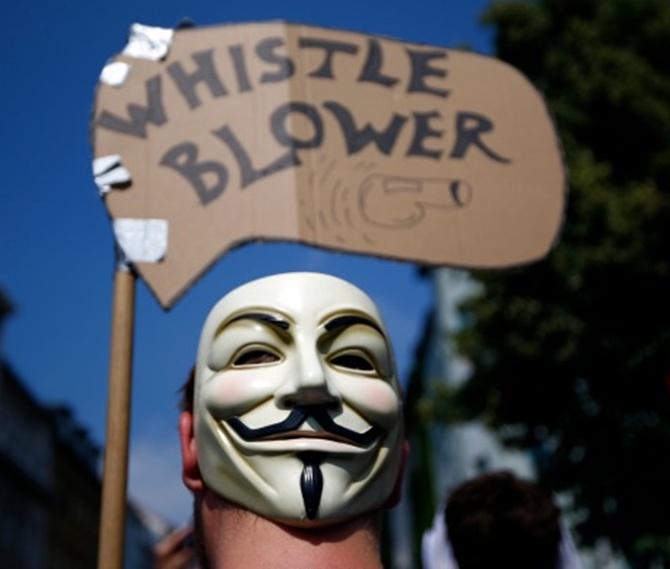
His identity had been kept guarded for close to nine years and, in May this year, he walked away with a $49-million reward for exposing the alleged fraud at India’s first multinational pharma company.
But money is not what has driven him, says Dinesh Thakur, who is now planning to start a new venture to help the industry and the US regulator avoid another Ranbaxy-like episode.
Still wary of disclosing his whereabouts for security reasons, he tells Sushmi Dey in an interview he hopes Ranbaxy is a better company now under the new management.
Edited excerpts:
India's pharma industry is facing issues, among other things, in manufacturing, clinical trials, marketing. What's the reason?
It is an issue of growing pains. Earlier, this industry was catering primarily to the domestic market. But, 10-12 years ago, it started expanding its footprint and supplying to foreign markets, which were lucrative.
Obviously, the quality standards in those markets were different. Foreign markets are more mature and have higher standards for quality and manufacturing. For instance, after my case, there was a big debate on what "adulterated" medicines meant in India.
So, the Indian industry has to go through a harmonisation process with international standards, if it is to supply to those markets. I think, many of these companies are now undergoing this process.
…
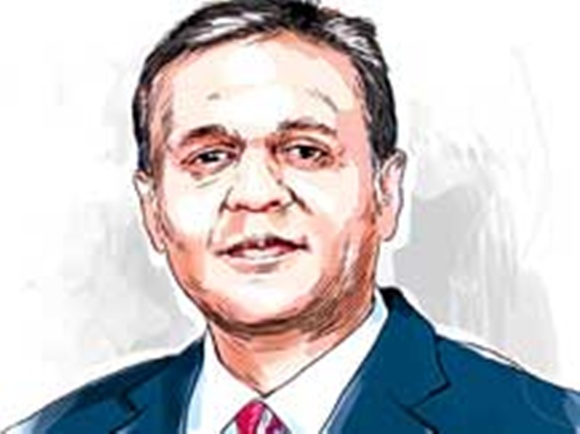
Do you think the problems highlighted by you at Ranbaxy are prevalent at other Indian drug companies as well?
I do not know. I have no idea, as I have worked at only one pharma company in India; that is Ranbaxy. If you ask me to generalise, I have no direct knowledge of any other company.
But after the Ranbaxy episode, similar problems at many other companies like Wockhardt and RPG Life Sciences have come to light. So, it appears, there are problems elsewhere, too.
What triggered your investigation into Ranbaxy? When was the first time you smelt a rat?
In August 2004, as is reported. I was asked by my manager to conduct the investigation.
In your testimony to the US authorities, you mentioned a crucial closed-door board meeting in September 2004 in Thailand, where the then management of Ranbaxy was made aware of the wrongdoings. But the company's annual report does not record any such meeting. Malvinder Mohan Singh and other independent directors, then part of the board, have also denied any such meeting. What do you have to say about it?
I do not have any comments to offer. My case is settled.
There also is the criticism that whatever you did was for publicity and money.
I cannot change people's attitude. I am not here to change anyone's perception. I followed my conscience and did what I felt was right.
For two years, I worked with US FDA, without knowing that the False Claims Act existed in the US. Money was not the drive for me. If I was driven by money, I would have done it differently.
…
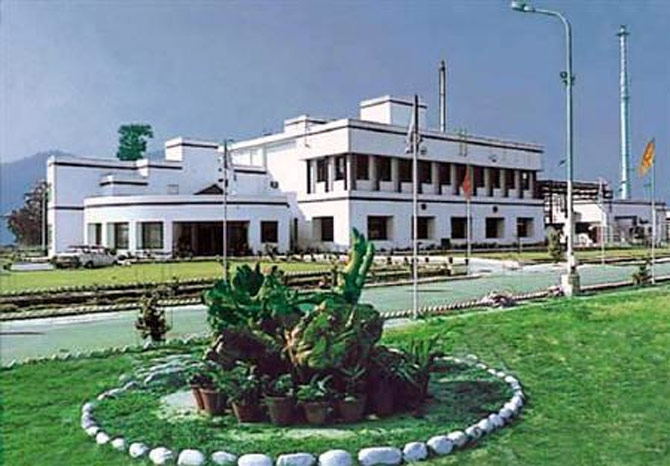
You received $49 million as reward. How do you plan to utilise that?
I am an entrepreneur. Even when the case against Ranbaxy was being investigated, I was building my own company and focusing on that. I plan to start another venture.
There are a lot of lessons learnt from the Ranbaxy case.
For instance, there are a lot of people who have told me they do not know how to deal with US FDA or Department of Justice authorities. So, there is ample opportunity to help these companies.
So, are you planning to work with the industry, the regulator or whistle-blowers?
Actually, with both - the regulator, as well as the industry. Companies can have issues with the regulator, there is nothing unusual about it…But companies need to address and resolve these issues.
There is a lot of opportunity to work even with the global pharma companies sourcing from India. They need more visibility in the supply chain.
Going forward, FDA plans to do risk-based inspections, where they would monitor the supply chain regularly, instead of doing surprise inspections once in a while, to avoid a Ranbaxy-like situation.
So, there is an opportunity to work with FDA, as well as companies, to take right steps in the direction that can help even before warning letters are issued.
Do you think your whistle-blowing act was the trigger for FDA to become more stringent and take a closer look at Indian facilities?
I do not know if my case was the trigger. But, think about it… Compare US FDA's strength in India now with then. Until a few years ago, they did not have offices in India and China.
In the past few years, they have established offices and increased resources here. The FDA Safety and Innovation Act, approved by the US Congress last year, actually funds this area.
All that has happened in the past few years appears to be a direct outcome of what has happened in my case.
…
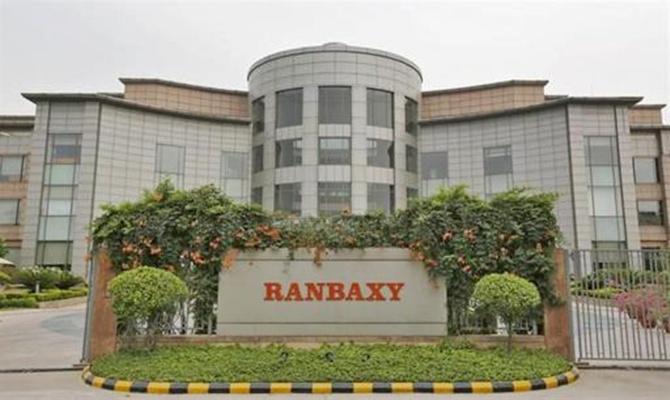
What if you were invited to join the board of a company as an independent director?
I am certainly open to the idea. But, as an independent director, one is expected to take a lot of fiduciary responsibilities.
If I have to take on such a responsibility, it will be very critical to me that I have enough visibility in the operations of the company.
I am not sure if that is possible in India. I was CEO of a company (overseas) for five years and was on its board.
I know what it takes… In India, and elsewhere, it is important to ensure, if I take on such a role, I have access to the right kind of information in order to be effective.
Is there a gap in the regulatory mechanism in India?
A regulator's role is to protect public health and that should be its prime objective. But it is easy to throw stones at others. Look at the regulatory system here.
The overall budget for the regulator was around Rs 25 crore until recently. The better question to ask is whether the regulator is funded properly.
Does it have enough number of inspectors to do regular inspections? I think they are trying to do that now. They need to get the right kind of people who understand the problem well.
Is the Indian Act strong enough to protect whistle-blowers like you? What are the privileges and protections that you enjoyed as a US citizen?
India lacks a whistle-blower policy framework. Qui Tam law in the US essentially provides for the law-and-order enforcement agencies to keep allegations under seal for all proceedings, until these reach final conclusions.
So, the system is effective and the judicial system is also supportive. In my case, while investigations continued for nine years, testimony and other documents were all secured and nothing came in public domain until the case was settled.
…
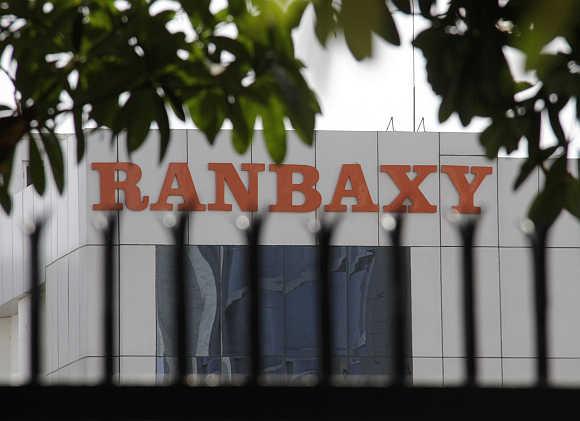
Did you face any threat while the investigation was on?
I do not live in India. In the US, it is very difficult to do such a thing because the law is very strict.
You have worked with foreign multinationals, as well as here in India. What's the difference?
Each company is different. Business models are different for innovator companies and generic manufacturers.
Innovator pharma companies usually spend 8-12 years to discover and develop products - from research to marketing.
So, their cycle time is long and they have to have a lot of patience. And, of course, the rewards are also big. But generic drug-development cycle is different. It typically runs over 24 months.
So, your timeframe for return on investment is much shorter than that for innovator companies.
Therefore, the rules of governance are different. It is not an apples-to-apples comparison.